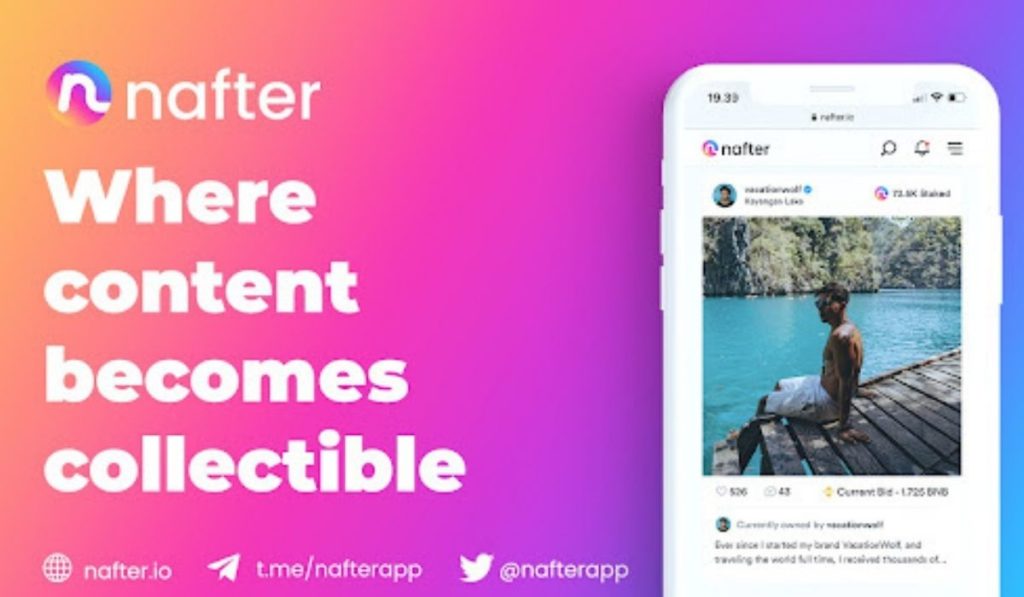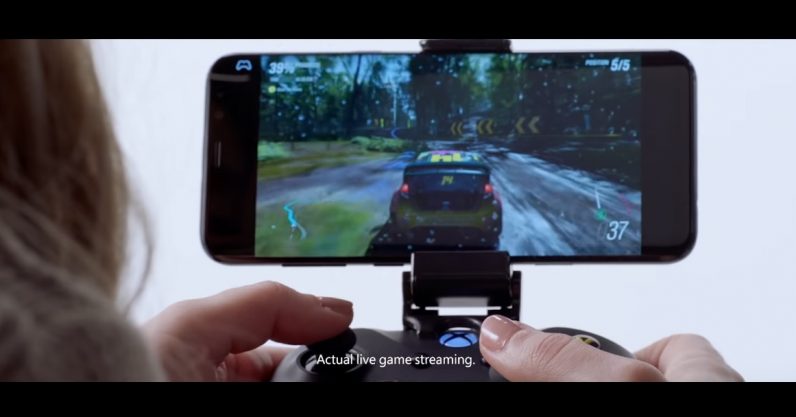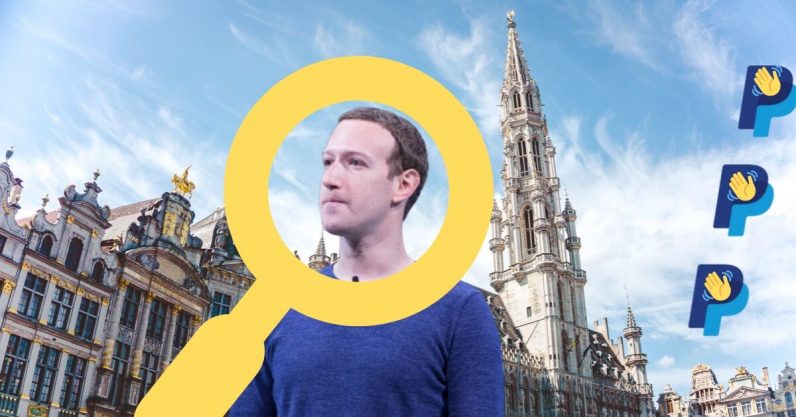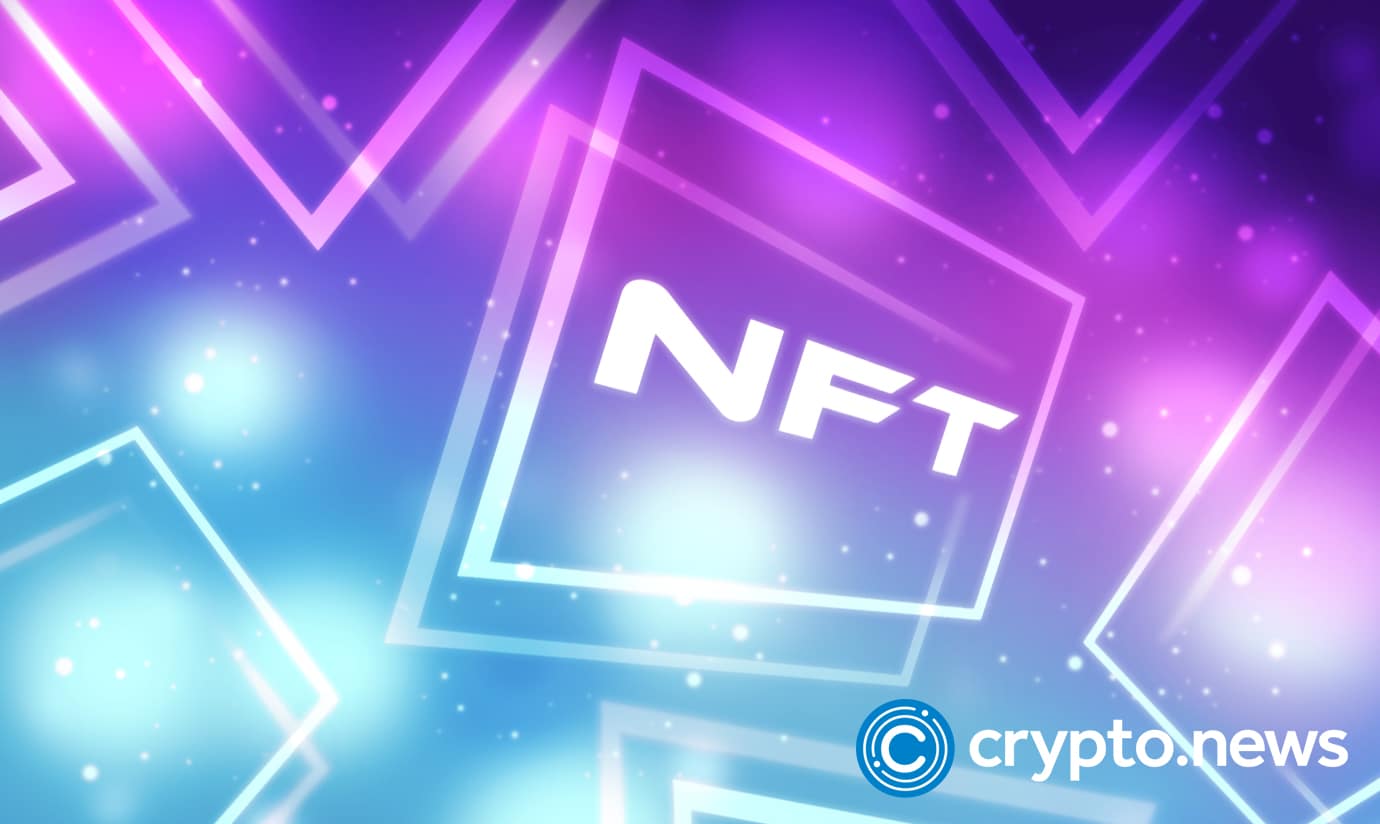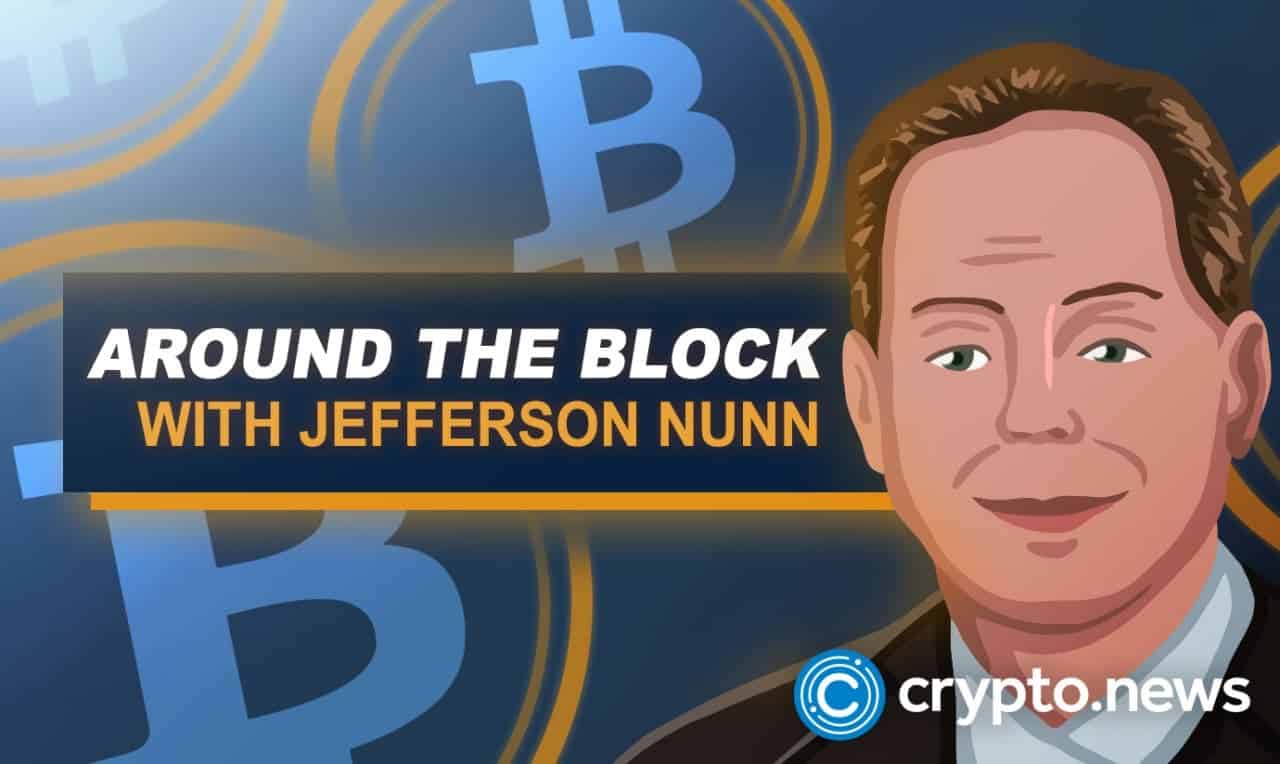
2022-5-23 01:08 |
Web 3.0 is going to affect your life, whether you are ready for it or not, says Johnny Lyu, the CEO of KuCoin.
Web 3.0. The topic will inevitably arise as a conversation at the dinner table. And, you can always expect a contentious debate as to the definition and its projected impacts on our way of life. Many are still skeptical that it’s a hypothetical future as opposed to something that we can touch. Indeed, in the wise words of Elon Musk, “has anyone actually seen Web3?”
There is skepticism and a curiously zealous interest as to the potential impacts of Web 3.0. So it’s no surprise that we’re rushing to ways of adding some neutrons to the definition and some real future predictions and implications. So, that’s exactly what we’ll be trying to do today. Let’s flesh out the idea of Web3 and explore our brave new future.
Web 3.0: Understanding it and its AntecedentsThe web has gone through some major changes over the years, there’s no doubt about that. We like to split these changes into chapters, consisting of Web 1.0, Web 2.0, and Web 3.0.
Of course, web 1.0 was the original web. Here, you’d find web developers, who were the producers, and content consumers. Indeed, a very simple, beautiful, mutually-sustainable symbiosis.
Web 1.0 ran from 1991 until 2004. Importantly, these sites served static material as opposed to dynamic HTML. Due to the lack of intractability, Web 1.0 has often been cited as the ‘read-only’ web. You can think of this as the second dimension, with a single, shiny facet upon which you can dance to Toploader in the moonlight. It was like Abbot’s Flatland but without all the aggressively pointy isosceles.
Shortly after matrix-style sunglasses were no longer trendy, Web2 came about. This is the social and interactive web that we’re all familiar with. It’s the current incarnation of the Web as we know it today. You no longer have to be a basement developer to create and share your ideas with the world. Anyone can post a video for millions of people to see; you can connect with your viewers and respond to comments.
This is the era of content creators. Ordinary people are presenters, copywriters, and designers in their spare time. There’s a smidgen of decentralization here. Blockchain systems have made their debut in this nest of sorts, but as they grow, and we don’t know how large they will grow, the nest will become too small. Web2 is a bit like the third dimension; we’re very comfortable with this dimension. It’s easily navigated and there are lots of secret rooms, some locked, some open.
Web 3.0Web3 is very similar to the fourth dimension insofar as it exists in theory, sharing many similarities to our current world. But it needs a lot of time and fleshing out for it to become an accepted reality. However, there are some things that we can agree on. Web3 is:
Decentralized – Web3 will be owned by the people, developed for the people;Permissionless – anyone and everyone can get involved with a deconstruction of the restricting mechanisms of Web2;With built-in payments – the boundless, frictionless movement of money with an emphasis on peer-to-peer trading.It’s been defined by Packy McCormick, a Web3 advocate and investor, as “the internet owned by the builders and users, orchestrated with tokens.”
Importantly, the role of programmers has changed slightly with this generation of the internet. They’ll no longer create and deploy applications that rely on a single server or cloud-based provider. Instead, Web3 applications will be designed to run on blockchains, decentralized networks consisting of many peer-to-peer nodes. Or it will be a combination that would effectively form a crypto-economic protocol of sorts. These are what will be referred to as “dapps” (decentralized apps). With this in mind and the three main features of Web3 defined, let’s move on to its implications on our day-to-day life.
How Will It Impact Our Future Lives?Decentralization is of course an interesting thought. Especially when it comes to moving money. In Web2, we’re very used to the monotonous banking app. When it comes to moving your money, whether it’s to a different bank, a different country or across borders, it’s never easy. It takes a long time and often costs you an arm and a leg too.
Web3 promises a renewed focus on peer-to-peer payments, taking the middle-man out of the global payments system. With an explosion of different currencies and ways to hold your money, the monotonous single-currency savings account will turn into an eclectic and colorful blockchain-based portfolio. Down with the monarchy of the internet, right?
Well, some still have their doubts as to the figureheads of Web3. Will people like Vitalik Buterin, the co-founder of Ethereum, have too much power over the blockchain?
This does, admittedly, blur the otherwise crystal-clear image of a decentralized Web3. Also, we need to remember that a decentralized system often lacks coordination. No single agent has the final say in network-level decisions and protocol upgrades. Furthermore, a decentralized web would also make the practices of regulation and enforcement very difficult. For instance, which country’s laws would apply to a website that is hosting its content in a variety of countries around the world? So, it’s not all good news.
Upskilling the WorldMoving on, ordinary people are going to have to become more IT literate. This has its upsides; imagine a world in the future where most people are literate in at least one programming language. The number of applications would skyrocket and society would be able to make vast progress in a myriad of ways. However, this might take a bit of time, as the learning curve when it comes to blockchain technology is quite steep. It acts as a barrier to adoption. This could also explain why only 13% of Americans actually traded cryptocurrencies last year.
Permissionless systems will have a real impact on how personal data will be handled, as users are effectively given reins with Web3. This might help to limit the practice of data extraction. And, curb the efforts that have allowed technology giants to grow rapidly through quite invasive advertising and marketing techniques. As a result, marketing will likely be less tailored. Users will once again regain the power of choice when it comes to the adverts that they see.
Lastly, it’s important to remember that with fewer restrictions of censorship, the 3rd generation of our internet will come with some hazard warnings. A lack of censorship, of course, has its benefits when it comes to freedom of speech, but also comes with some downsides when we consider the protection of our children online. As a result, we might see more age restrictions and accompanying KYC vehicles.
Closing thoughtsWhether you love it or you hate it, this fast-approaching ‘internet of the fourth dimension’ is likely to come with some big changes to how we interact with the internet. As with any big changes, we’ll have a field day evaluating the pros and cons over the dinner table of 2043 when web4 rolls around. Until then, let’s eat.
About the authorJohnny Lyu is the CEO of KuCoin, one of the largest cryptocurrency exchanges with operational headquarters in Seychelles launched in 2017. Before joining KuCoin, he had accumulated abundant experience in the e-commerce, auto and luxury industries.
Got something to say about web 3.0 or anything else? Write to us or join the discussion in our Telegram channel. You can also catch us on Tik Tok, Facebook, or Twitter.
The post Web 3.0 Will Impact Our Lives, Whether You Are Ready For it or Not appeared first on BeInCrypto.
origin »Bitcoin price in Telegram @btc_price_every_hour
Webcoin (WEB) íà Currencies.ru
|
|
